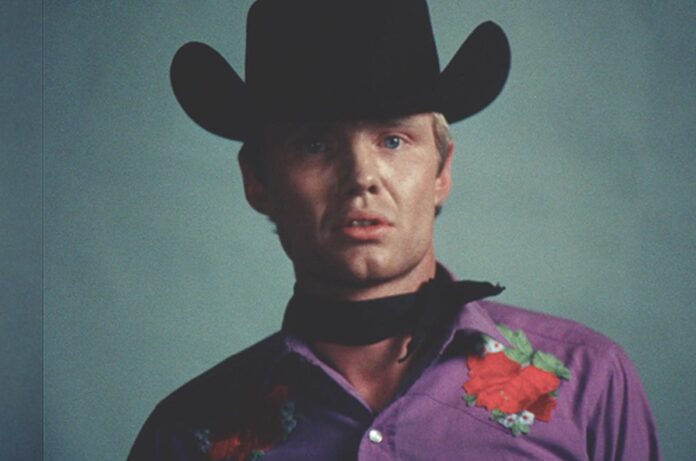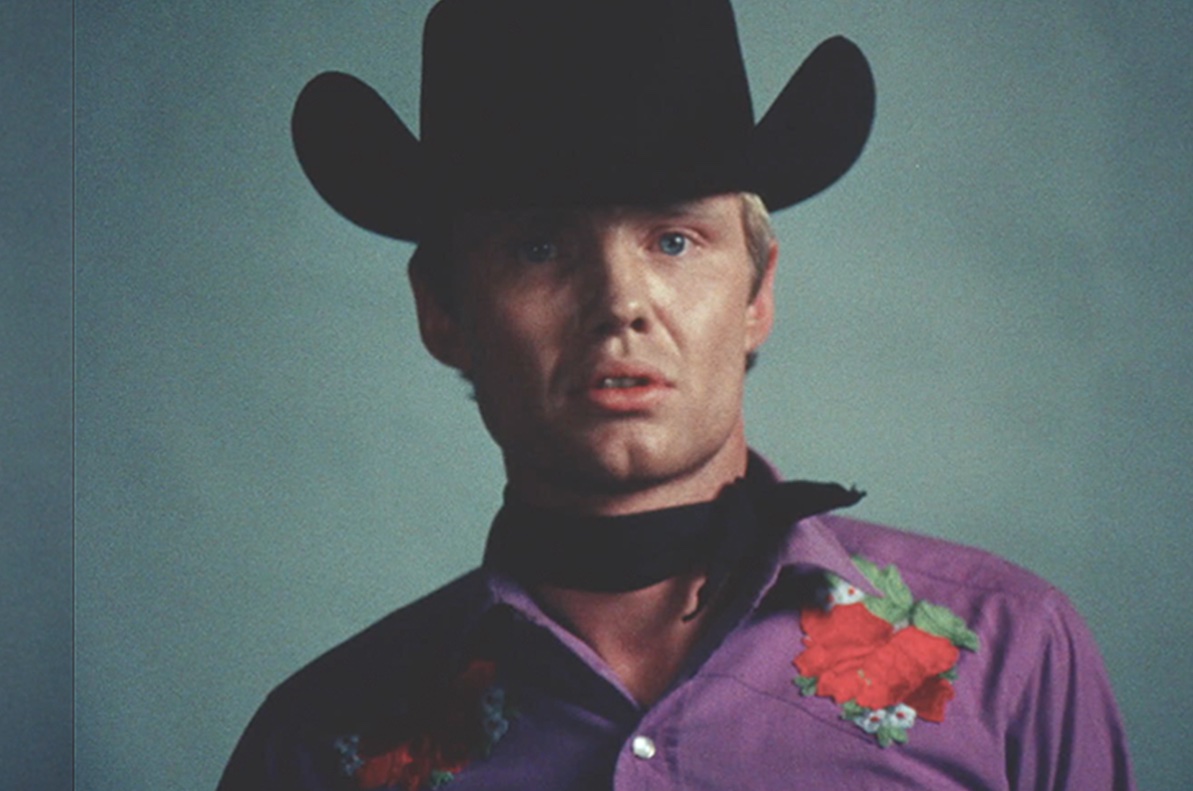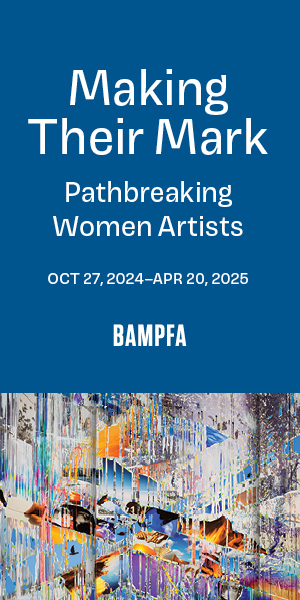Truthful (as opposed to simply promotional) books about the making of a particular movie are always fascinating, because it’s invariably a complicated process whose travails can seldom be guessed at from the final onscreen result—though, once learned, they often explain a lot about that result. That is especially the case with books about films that went off the rails in one way or another, Heaven’s Gate (Final Cut) or The Bonfire of the Vanities (The Devil’s Candy). But it’s also enlightening to read how a highly successful project turned out that way, because such outcomes seldom seem a sure thing to the makers en route.
One very good recent tome in this category is Glenn Frankel’s Shooting Midnight Cowboy: Art, Sex, Loneliness, Liberation, and the Making of a Dark Classic. The movie in question is not a huge personal favorite, as it burdens a poignantly simple story with a lot of flashy, modish style that hasn’t dated well. But the 1969 Cowboy was, and remains, very important: It was “daring” in myriad ways very new to American movies at the time, becoming the first/only X-rated feature to win Best Picture… even if that rating would soon get reduced to R without any cuts required.
It introduced one brand-new star (Jon Voight) and solidified the status of another (Dustin Hoffman). Its very de-glammed portrait of NYC near the beginning of a low long ebb would up the game of location shooting there and elsewhere, while introducing the kind of “gritty” urban cinema that would dominate much of the next decade. As a general concept, Midnight Cowboy permeated the culture to achieve a kind of folkloric status that eventually overshadowed the film itself.
Now there’s Desperate Souls, Dark City and the Legend of Midnight Cowboy, a documentary companion piece to the book, although it’s very much its own thing—and Frankel’s work will probably linger longer in the memory than Nancy Buirski’s feature. She spends an awful lot of time drawing the general sociopolitical context (the Vietnam War, NYC’s crime-riddled deterioration, the negative portraiture of gays in prior films, etc.), on the apparent assumption that most viewers will be too young to know anything about the Sixties. Fair enough, although this leaves little room left for the book’s main emphasis: How, and why, Midnight Cowboy got made.
Nonetheless, there’s a lot to enjoy here, including Voight’s recounting of how he begged his way (including apologizing to a casting director he’d previously alienated) into auditioning for the role of Joe Buck, the small-town Texas faux “cowboy” who comes to the big city in hopes of finding a rich sugar mama. Hitherto a near-complete unknown, the actor has undergone major changes over the decades that go unmentioned here—he’s a former prominent Hollywood liberal turned conspicuous Hollywood conservative, to the degree of calling Trump “the greatest president since Abraham Lincoln.”
Some of his recollections seem a bit improbably self-serving, but he nails it in saying Cowboy is less about “the gay thing” (whether Joe Buck’s same-sex hustling or his quasi-domestic partnership with Ratso) than it is about “loneliness”—it’s a story of two misfits who find each other, their friendship as touching as it is odd. And it is bizarre now to hear that back then Voight was so chummy with Abbie Hoffman, the latter urged him to refuse his Oscar nomination in protest of the Chicago 7 trial. (The actor considered the idea, but declined to follow through.)
Dustin Hoffman is a notable no-show among interviewees here. Is it because he’s aware his very theatrical turn as sickly runt Ratso Rizzo has aged less well than his co-star’s more naturalistic take on the dumb-hick stud? Probably not. But there’s a range of other voices, including supporting role players Bob Balaban, Brenda Vaccaro and Jennifer Salt (who was also daughter to the screenwriter, Waldo Salt). Heard only in archival materials are some additional key personnel, like the late director John Schlesinger, for whom this was a risky but triumphant first American production after several major English films.
Desperate Souls is so digressive in terms of measuring larger societal currents as background, it sometimes seems to forget the most interesting prospect here is offering insight into the creation of Midnight Cowboy. (It’s never even mentioned how much the screenplay diverges from James Leo Herlihy’s 1965 source novel.)
Still, it’s a colorful and compelling account within those limitations. There are some fascinating bits of trivia, like the notion that the film received an “X” (when, admittedly, the newly-minted MPAA standards for “adult-only” content were skittishly low) because of the scene in which Balaban’s nervous gay student orally services Joe Buck in a movie theater. Yet, just like in Warhol’s notorious Blowjob, we never actually see the act—only the fully-clothed blowee’s facial reactions. So, merely the idea of man-on-man pleasuring was enough to warrant the industry’s strongest limit on audience access at the time.
Fittingly, the Roxie is pairing Buirski’s documentary with 35mm showings of Midnight Cowboy itself, both opening Fri/28. See the full schedule here.
Talk to Me
Middle-class suburbia proves at least as perilous as the big bad city in this Australian first feature from Danny and Michael Philippou, YouTube celebrities who depart from their prior Jackass-type terrain of bad taste humor with this very straight-faced horror thriller. Mia (Sophie Wilde) is an Adelaide high schooler who has de facto moved in with best friend Jade’s (Alexandra Jensen) family, having abandoned her own well-meaning father (Marcus Johnson) in the painful fallout from her mother’s suicide two years earlier. These circumstances have given her something of a “weirdo” reputation amongst peers not very understanding of grief, or the tragic magnitude of a parent loss.
Trying to make some headway socially, Mia goes to a house party where some of the more mean-spirited kids propose a game involving a grotesque sculpture that’s supposedly the embalmed arm of a dead “psychic.” How this came into their possession is anyone’s guess; ditto nearly everything else about its “powers” and backstory. But when Mia volunteers to grip the hand and be “possessed” by it, strange, inexplicable, Snapchat-posting-worthy things do happen. The problem, of course, is that this party trick has very serious consequences for some players, enabling a malevolent spirit of some sort to cause delusions, grievous bodily harm, and worse.
Reasonably clever, Talk to Me (which opens in theaters nationally this Fri/28) isn’t terribly scary. Nor does it really have the depth of writing to transcend horror conventions with real dramatic weight, as it aims to. But it’s still a cut above the genre average, its neat parting twist lending this occult menace some lingering spookiness—even if we still have no idea just what that menace is, where it came from, or what it wants.





